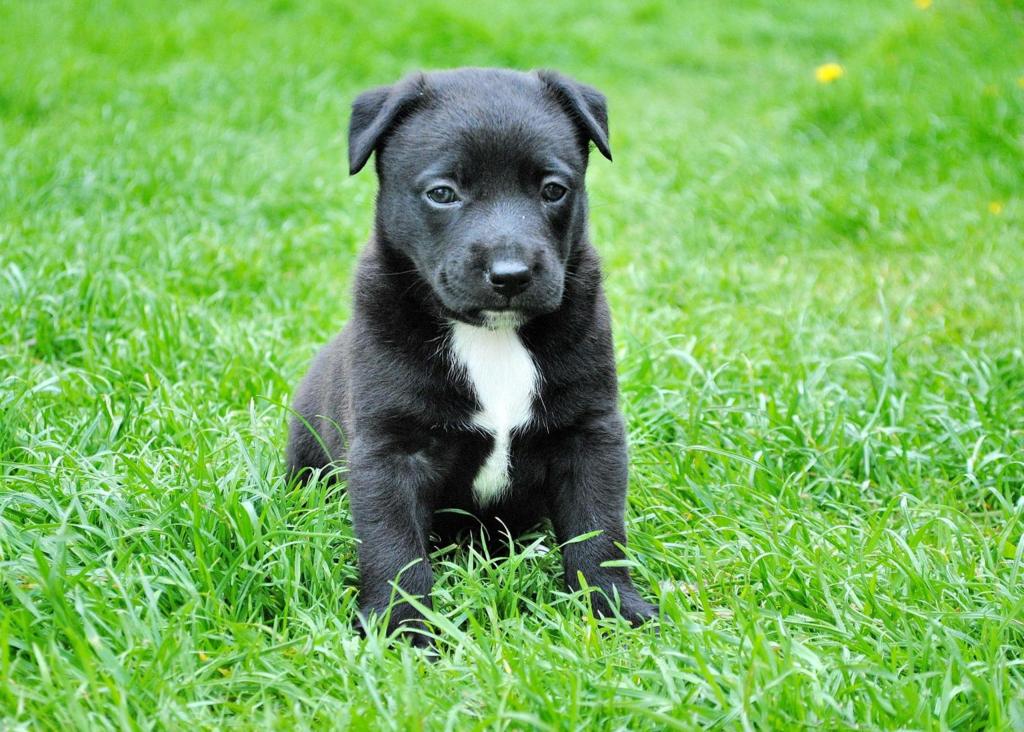Puppy Training Schedule by Age: A Weekly Plan

Bringing home a new puppy is an exciting adventure, but it also comes with a big responsibility—training. Whether you’ve got a playful Labrador, a tiny Chihuahua, or a clever Border Collie, a structured training schedule is key to raising a well-behaved dog.
The truth is, puppies learn best when training is consistent, age-appropriate, and broken into manageable steps. Trying to teach a 10-week-old pup advanced commands is like expecting a toddler to solve algebra—it’s just not going to work. Instead, you need a plan that grows with your puppy.
In this guide, we’ll break down a weekly puppy training schedule by age, covering everything from basic obedience to socialization. By following this step-by-step plan, you’ll set your furry friend up for success—without overwhelming them (or yourself).
Understanding Puppy Development Stages
Before diving into the training schedule, it’s important to know what your puppy is capable of at different ages:
- 8-12 Weeks: This is the prime socialization period. Puppies are like sponges, soaking up new experiences but also easily frightened. Focus on positive exposure to people, sounds, and other animals.
- 3-6 Months: Your pup starts testing boundaries (hello, chewing and barking!). Basic obedience training should be reinforced.
- 6-12 Months: Adolescence hits—expect some stubbornness. Continue training with more advanced commands and impulse control.
Now, let’s get into the weekly training plans for each stage.
Weeks 8-12: The Foundation Phase
Weekly Training Goals:
✔ Housebreaking (potty training)
✔ Crate training (if using)
✔ Socialization (exposure to new environments)
✔ Basic commands (Name recognition, “Sit,” “Come”)
Sample Weekly Schedule:
Monday:
- Potty Training: Take your puppy outside first thing in the morning, after meals, and every 2 hours. Praise heavily when they go in the right spot.
- Name Game: Say your pup’s name in a happy tone. When they look at you, reward with a treat. Repeat 5-10 times.
- Short Play Session: Introduce a soft toy to encourage gentle play (no aggressive biting).
Tuesday:
- Crate Training: Feed your puppy inside their crate with the door open. Gradually increase time spent inside (start with 5 minutes).
- “Sit” Command: Hold a treat near their nose, then move it up so their bottom naturally lowers. Say “Sit” and reward. Repeat 5 times.
- New Sound Exposure: Play recorded sounds (vacuum, doorbell) at low volume while giving treats.
Wednesday:
- Potty Training Consistency: Stick to the schedule—watch for sniffing or circling (signs they need to go).
- “Come” Command: Crouch down, say “Come!” in an excited voice, and reward when they approach.
- Meet a New Person: Invite a friend over to gently pet your pup (keep it positive).
Thursday:
- Crate Training Progress: Close the crate door for 10 minutes while you’re nearby.
- Leash Introduction: Let them wear a lightweight leash indoors for short periods.
- Handling Practice: Touch paws, ears, and mouth (to prepare for vet visits).
Friday:
- “Stay” (Briefly): Ask for a “Sit,” then say “Stay” while holding your hand out. Reward after 2 seconds.
- Car Ride: Take a short drive to get them used to the motion.
Saturday:
- Puppy Playdate: Introduce them to a vaccinated, friendly dog in a controlled setting.
- Surface Exploration: Let them walk on grass, pavement, and tile to build confidence.
Sunday:
- Review Commands: Practice “Sit,” “Come,” and name recognition.
- Quiet Time: Encourage calm behavior with a chew toy.
Months 3-6: Building Good Habits
By now, your puppy understands basics but may start pushing limits. Consistency is key!
Weekly Training Goals:
✔ Reinforce housebreaking
✔ Leash walking basics
✔ “Drop it,” “Leave it” commands
✔ Prevent jumping/biting
Sample Weekly Schedule:
Monday:
- Leash Training: Walk in a quiet area, rewarding when they walk without pulling.
- “Leave it” Command: Place a treat on the floor, cover it, say “Leave it,” then reward from your hand.
Tuesday:
- Impulse Control: Have them “Sit” before meals or going outside.
- Chew Toy Redirection: If they nip, replace your hand with a toy.
Wednesday:
- “Down” Command: Lure them into a lying position with a treat.
- Grooming Practice: Brush their coat for a few minutes.
Thursday:
- Distraction Training: Practice “Come” in the backyard with mild distractions.
- Car Ride to Park: Expand their socialization.
Friday:
- “Drop it” Command: Offer a toy, say “Drop it,” then reward when they release it.
- Meet New Dogs: Arrange a playdate with a well-behaved adult dog.
Saturday:
- Public Exposure: Walk in a pet-friendly store (if vaccinated).
- Recall Practice: Use a long leash to reinforce “Come.”
Sunday:
- Quiet Time: Reward calm behavior to prevent overexcitement.
Months 6-12: Polishing Skills
Teenage puppies test patience, but keep training fun and firm.
Weekly Training Goals:
✔ Reliable recall
✔ Polite leash walking
✔ Advanced commands (“Wait,” “Place”)
✔ Continued socialization
Sample Weekly Schedule:
Monday:
- “Wait” at Doors: Have them pause before exiting.
- Off-Leash Practice (in a secure area): Strengthen recall.
Tuesday:
- “Place” Command: Train them to go to a mat/bed on cue.
- Jogging Prep: Short runs if they’re a high-energy breed.
Wednesday:
- Distraction Training: Practice commands at a busy park.
Thursday:
- Advanced Tricks: Teach “Paw” or “Roll Over.”
Friday:
- Group Obedience Class: Great for socialization.
Saturday:
- Hiking (if allowed): Build endurance and confidence.
Sunday:
- Relaxation: End the week with calm bonding.
Final Tips for Success
- Keep sessions short (5-10 minutes). Puppies have short attention spans.
- Always end on a positive note. If they succeed at a command, stop while they’re engaged.
- Use high-value treats (tiny pieces of chicken or cheese work wonders).
- Stay patient. Some pups learn faster than others.
By following this age-based weekly training plan, you’ll build a strong foundation for a well-mannered, happy dog. Remember, training isn’t just about commands—it’s about bonding with your pup and setting them up for a lifetime of good behavior.
Now, grab those treats and get started! 🐾